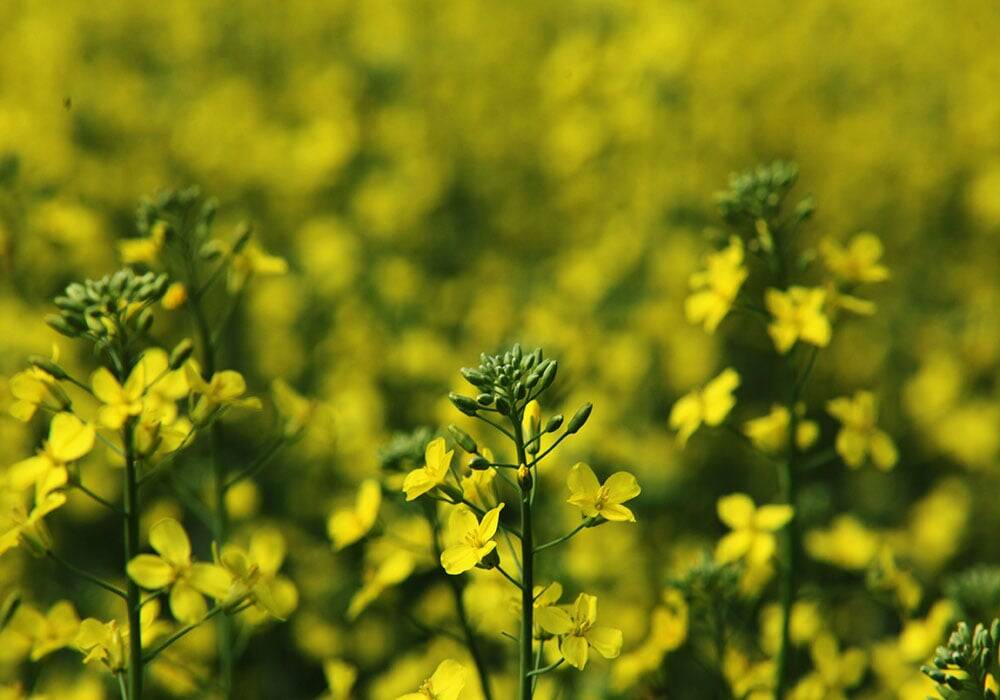Researchers hope to turn a bitter byproduct of flaxseed oil into the sweet taste of profit.
The omega-3 fatty acids in flaxseed oil make it a popular health food product. A few years ago a company selling flax oil approached Martin Reaney, CEO of Prairie Tide Chemicals in Saskatoon, to eliminate the bitter flavour in the flax oil. Reaney pinpointed a peptide that caused the bitterness.
"We developed a method of refining flax oil to remove the bitter flavour. And then when we found out what it was it seemed like it might be potentially very valuable, so we patented the technology for recovering the bitter flavour out of flax oil," Reaney said.
Read Also

Canola industry pumped about 45Z clean fuel ruling in U.S.
Canada’s canola sector is pleased with the new 45Z guidance published by U.S. Treasury.
The process by which the flavour of flax and flaxseed oil is improved churns out a waste byproduct of peptide-rich concentrates and pure peptides — "and we’re now trying to commercialize that," he said.
Bioactive peptides are short chains of biologically-active amino acids, such as insulin. Synthetic peptides are used in skin care products, health foods, and pharmaceuticals. Natural flax peptides could potentially be used in such products as well.
The federal government on Monday announced its Agricultural Innovation Program will put up $200,000 to help Prairie Tide develop ways to recover the peptides, understand how they work and ensure they are safe in their concentrated, purified form.
Prairie Tide, a spin-off company from the University of Saskatchewan, will extract and supply the peptides to universities and other companies. Universities will do some of the early testing, and companies will find ways to use peptides in consumer products.
Saskatchewan farmers grow 20 per cent of the world’s flax supply, and 70 per cent of Canada’s flax. It’s hoped the project will benefit farmers by opening new markets to the flax industry and encouraging product innovation.
"This is the middle of a long road, and we hope this is a model for getting technology from the university and out into industry. So we’re working very hard to try to make sure that other technologies developed in universities can also be made to increase the value of crops and increase the industrial processing here in Canada," Reaney said.
— Lisa Guenther is a field editor for Grainews at Livelong, Sask. Follow her @LtoG on Twitter.















